This is my code
models.py(App: Article)
from django.contrib.auth.models import User
class Article(models.Model):
# code...
url_title = models.CharField(max_length=80, unique=True, db_index=True)
HATE_SPEECH = 'HS'
SPAM = 'SP'
FAKE_INFO = 'FI'
REPORT_REASON = (
(FAKE_INFO, 'Fake Information'),
(HATE_SPEECH, 'Hate Speech'),
(SPAM, 'Spam'))
class Report(models.Model):
id = models.UUIDField(primary_key=True, default=uuid.uuid4, editable=False)
article_id = models.ForeignKey(Article, on_delete=models.PROTECT)
user_id = models.ForeignKey(User, on_delete=models.PROTECT)
reason = models.CharField(max_length=2, choices=REPORT_REASON)
solved_status = models.BooleanField(default=False)
date_created = models.DateTimeField(auto_now_add=now)
admin.py(App: Article)
class ArticleAdmin(admin.ModelAdmin):
pass
# code...
class ReportAdmin(admin.ModelAdmin):
list_display = ('id', 'article_id', 'user_id', 'reason', 'solved_status', 'date_created')
admin.site.register(Article, ArticleAdmin)
admin.site.register(Report, ReportAdmin)
My database records currently looks like this:
In django admin I want to display all these records in such a manner.
- Unsolved queries should display first (which I am able to achieve using
ordering = ['solved_status']) - The article which is (i) not solved and (ii) reported the highest number of times should come first(Here article a1: because it is reported 3 times. Do NOT consider a2 because, in the last record, it is considered as solved
- Highest Number of same reason from the same article (Here Hate Speech is coming 2 times, so it should come first and then spam should come) NOTE: Do not consider Spam as 4 times because we have to fulfill condition 2 first.
- The article which is reported first should display first according to DateTime. (id: 8 was made first, then id 1) NOTE: Do not consider id 7 as oldest because we have to fulfill condition 1, 2 and 3 first.
- If the remaining record meets none of the condition from 1, 2 and 3, the report which was made first should display first according to DateTime.
So, the final Table should look something like this:
Now, we can see that
- Our first condition is fulfilled as solved queries are moved to last.
- Our second condition is fulfilled as a1 is moved to the top being the article with the highest reports raised.
- Our third condition is fulfilled because Hate speech is at the top being the reason with the highest reports raised in article a1.
- Our fourth condition is fulfilled as Id: 8 is moved to the top because this report was made prior to id: 1 considering the DateTimeField.
- Our fifth condition is fulfilled because id:5 and id:3 have nothing in common, but as id: 5 was prior, so it should come first.
I tried using annotate using this link which I thought could solve my partial doubt, but it is constantly giving me errors and doubt yet not being solved. I am trying this for a long time, any help is appreciable. Thanks in advance :)

